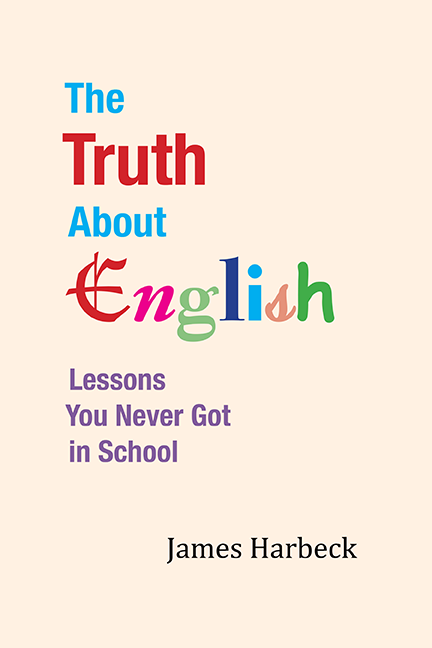In certain circles and particular topics, there can come times when you want to read a document, and you find a radical detraction: someone has given direction to make a reduction by red pen action, deleting or obliterating words and passages that might have been used for indoctrination or perhaps action by reds – or just classified or obscene content. This anti-educational deduction – which gets to be a bit of an addiction for parties of certain political bents – is delicately called redaction, and the ablated parts said to be redacted, presumably because people get incensed by the word censored.
But I have to say, the first time I saw redaction used for that, I thought it was almost immoderately euphemistic, coy, even doublespeaky: a deliberate redirection of sense. This word, you see, with its square-timbered sound that makes me think of hammers and nails and construction, is a word more of building, of taking what was inchoate or incoherent and finding a form for it, putting it into focus, tightening and strengthening it. It is like what good photographers do: find, frame, focus, expose, crop, adjust, so that pieces of the stream of ordinary life can manifest their latent glory.
Redaction is, yes, in the main a crisp-suited word for “editing”. And just as many people think editing is just a process of cutting and correcting, so too do people often see redaction as action with a red axe. But really editing is like gardening: it is nurturing and forming, and even every bit of pruning is done to improve the overall vigour of the plant.
The source of redaction is the past participle of Latin redigere “send back, return, bring back, restore”, from re plus agere “drive” (cognate with act). This word is indeed related to reaction, but while the censorious kind of redaction is certainly a reaction, opposite and unequal, the first sense of redaction in English was “bringing into a definite form” – as in making suitably ready for publication. (I will not take this opportunity to plug my just-published Songs of Love and Grammar, available from Lulu.)
It still means readying for publication, and also revision – of a work already published, or of a work to make it ready for publication. Of course, making a new version is not the same as reversion, nor is it necessarily reversing the process of creation, Swiss-cheesing the text as if with Creutzfeldt-Jakob disease. We know why that is done: to keep those who read from taking action. The redaction I prefer and practice daily gives text – and people – direction. All communication is behaviour designed to cause behaviour in response – the agent reading is a reagent; good redaction does not neutralize, it catalyzes.







Brilliant prose. I just love this word.
‘Redact’, once an obscure word, is now very current in Britain after the recent scandal of Members of Parliament claiming vast sums on expenses for purposes unconnected with their jobs, such a building duck houses and moats in their gardens, and renting pornographic films. It was proposed that they should publish lists of their expenses, but these were redacted to remove all evidence of wrongdoing, and looked largely like this: ██████████████████████. Then the unredacted lists were leaked, causing a huge and relishable hoo-ha.
In one of the last iterations of my gainful employment, I was part of the staff of a governmental agency formed to implement a transparency law which gave the public greater access to government records. Levels of redaction were adjudicated monthly, with a varied reaction from the public. As a professional redacteur, I remained an editor, as the forces of anti-redactionism sought to create new interpretations of the law.